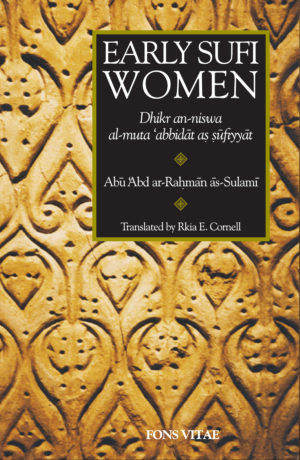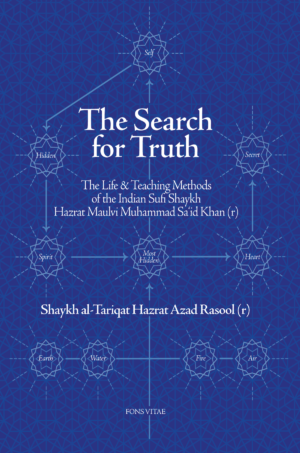Sufism: A Wayfarer’s Guide to the Naqshbandi Way
$24.95
The author discusses the full spectrum of stations that sufis experience, from repentance to servanthood, before outlining fifteen common altered states of consciousness (sing. hal). This is followed by a detailed discussion of sufi technical terms and praiseworthy and blameworthy attributes.
The final part of the book discusses the Naqshbandi path in detail. given its comprehensive content, this book provides a solid basis upon which to understand Sufism as it is practiced. it is will be of use to those who have never read about Sufism as well as those who are well read in Sufi literature translated into English. what you have in your hands is a serious treatise on Sufism; it is an owner’s manual for Sufi practice (though it is not a substitute for an actual Sufi teacher).
- 978-189178583-2
- 280





